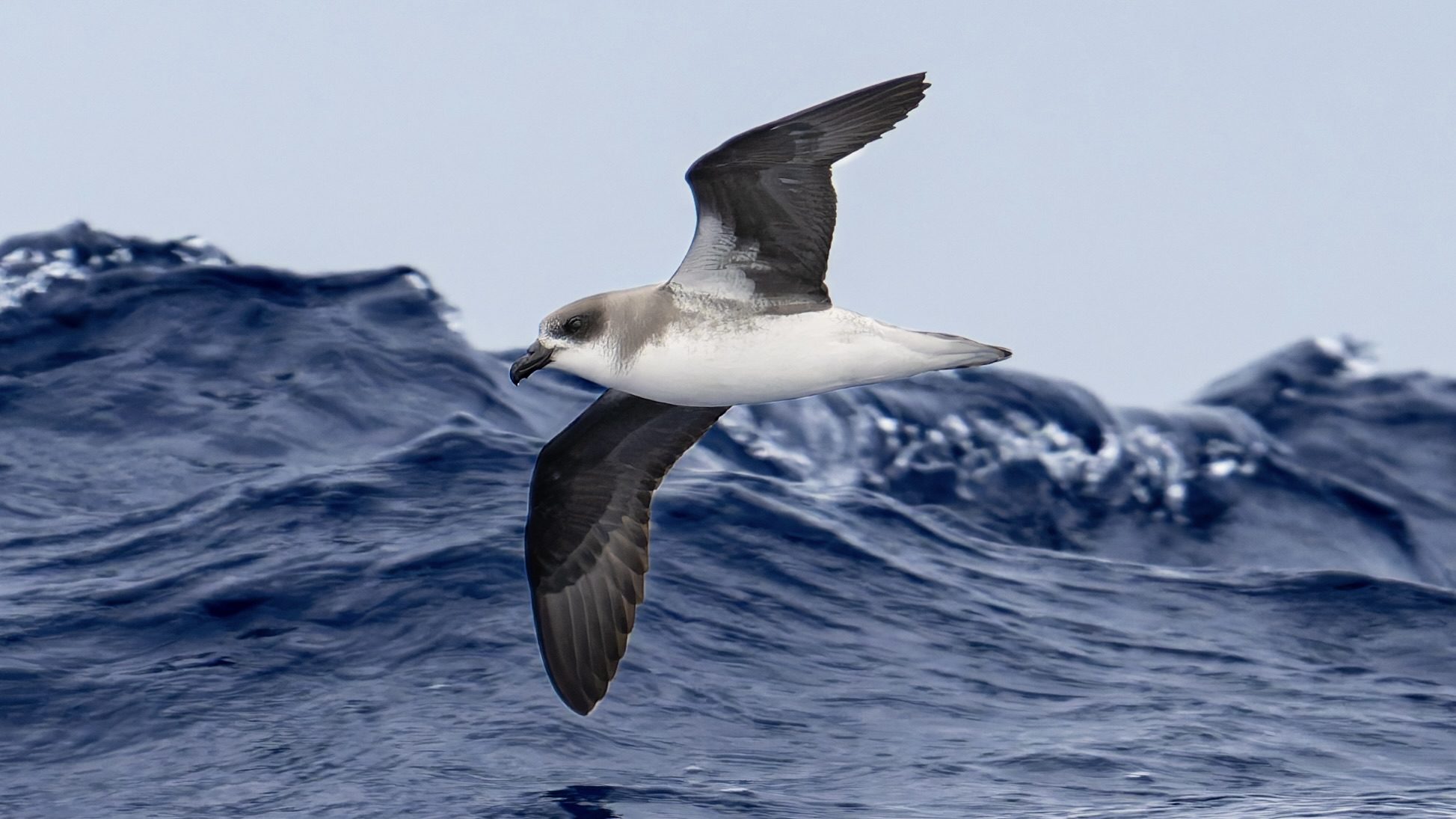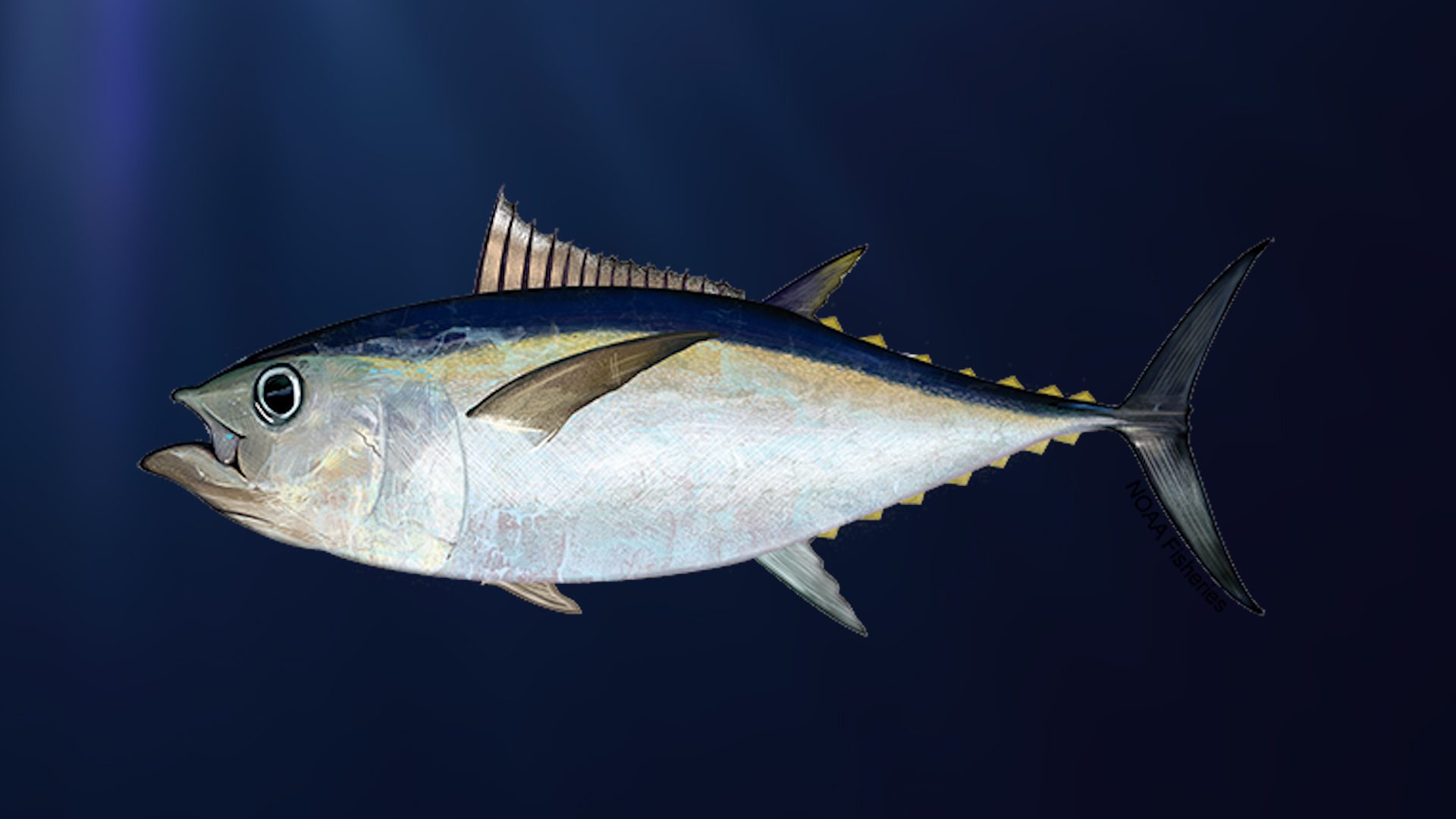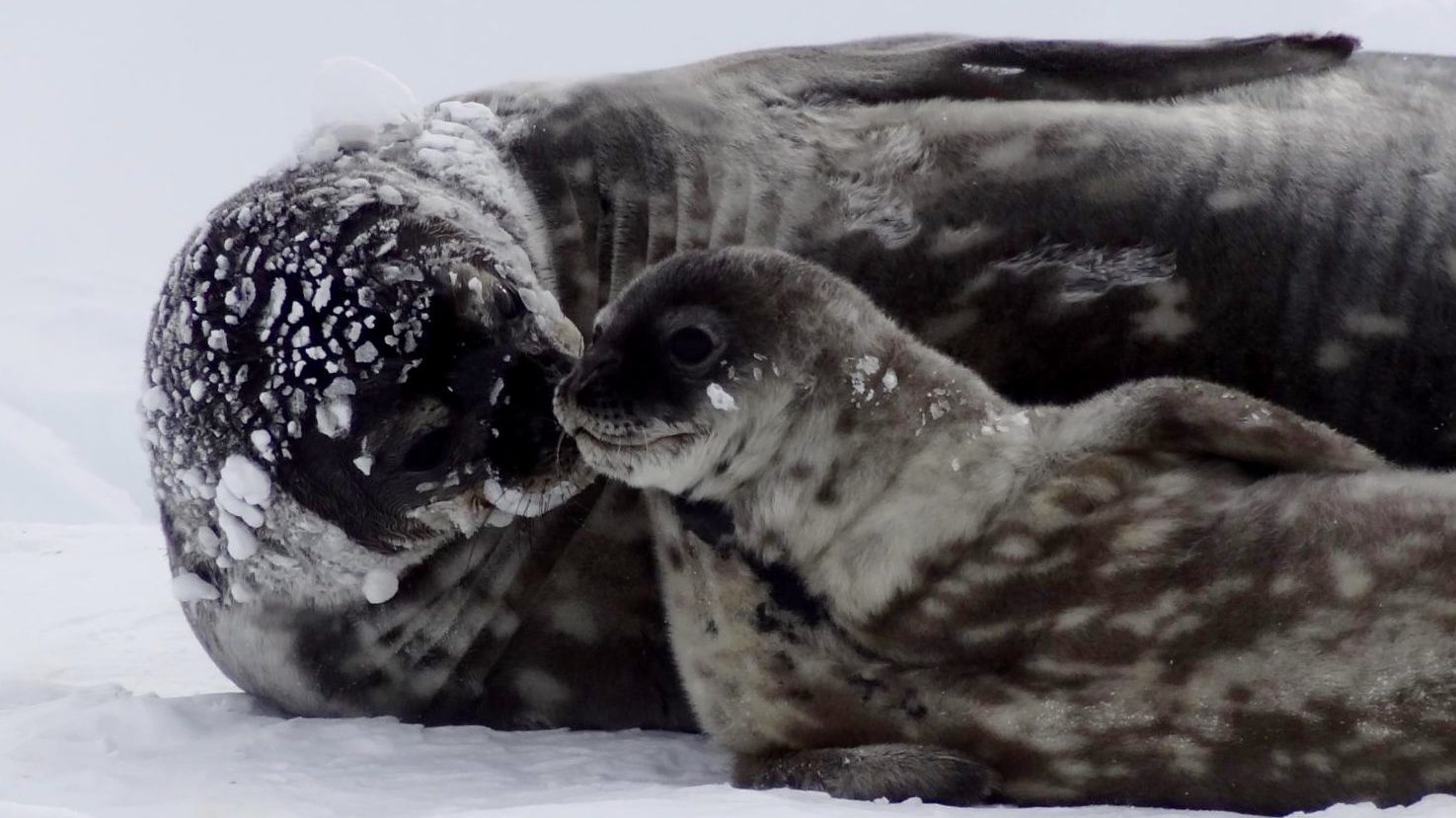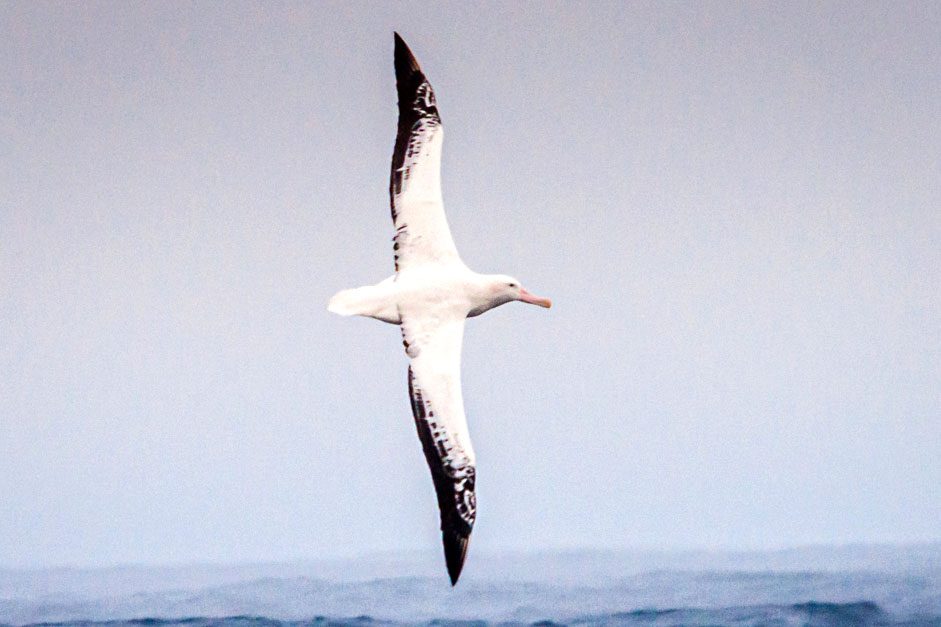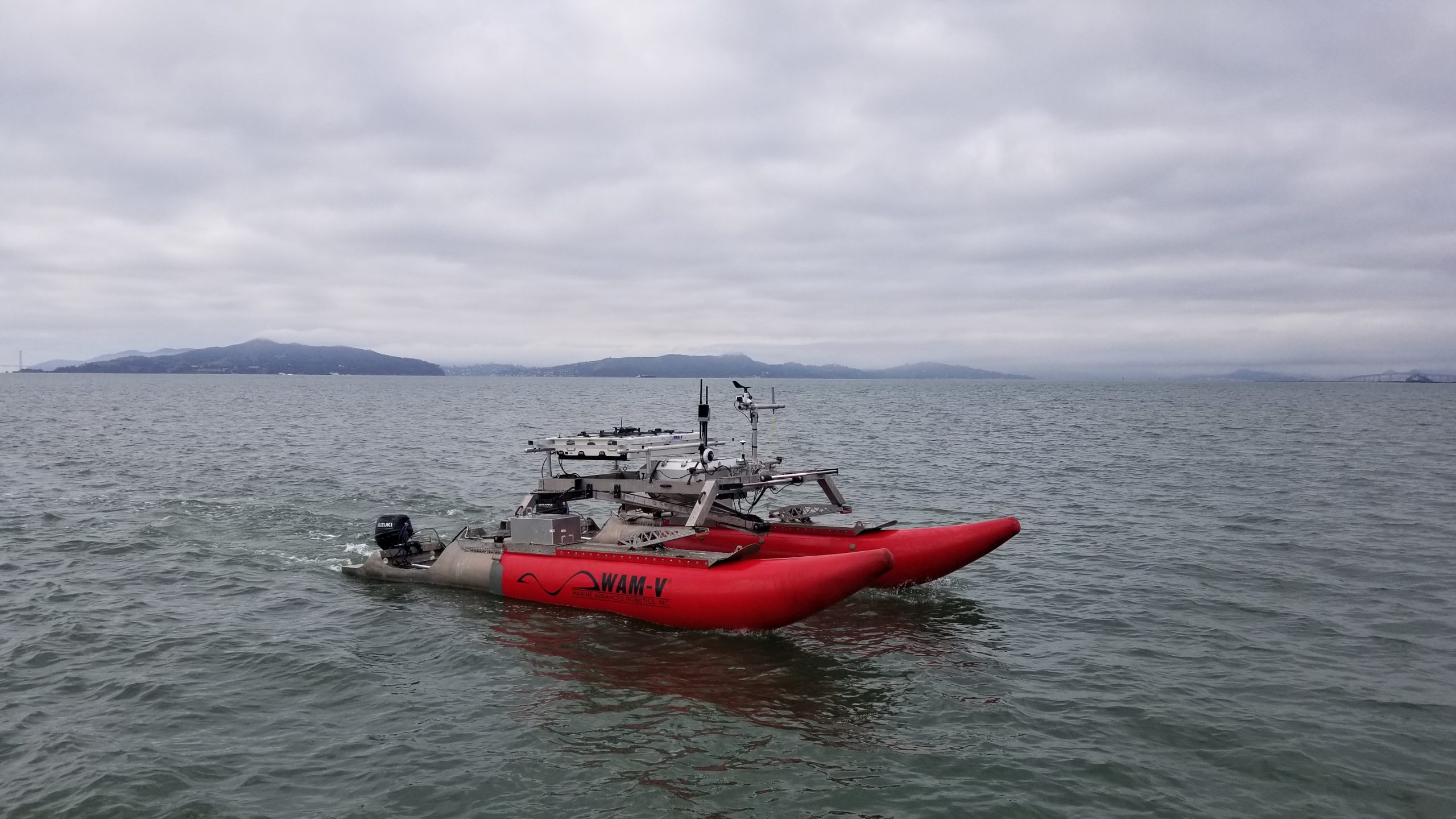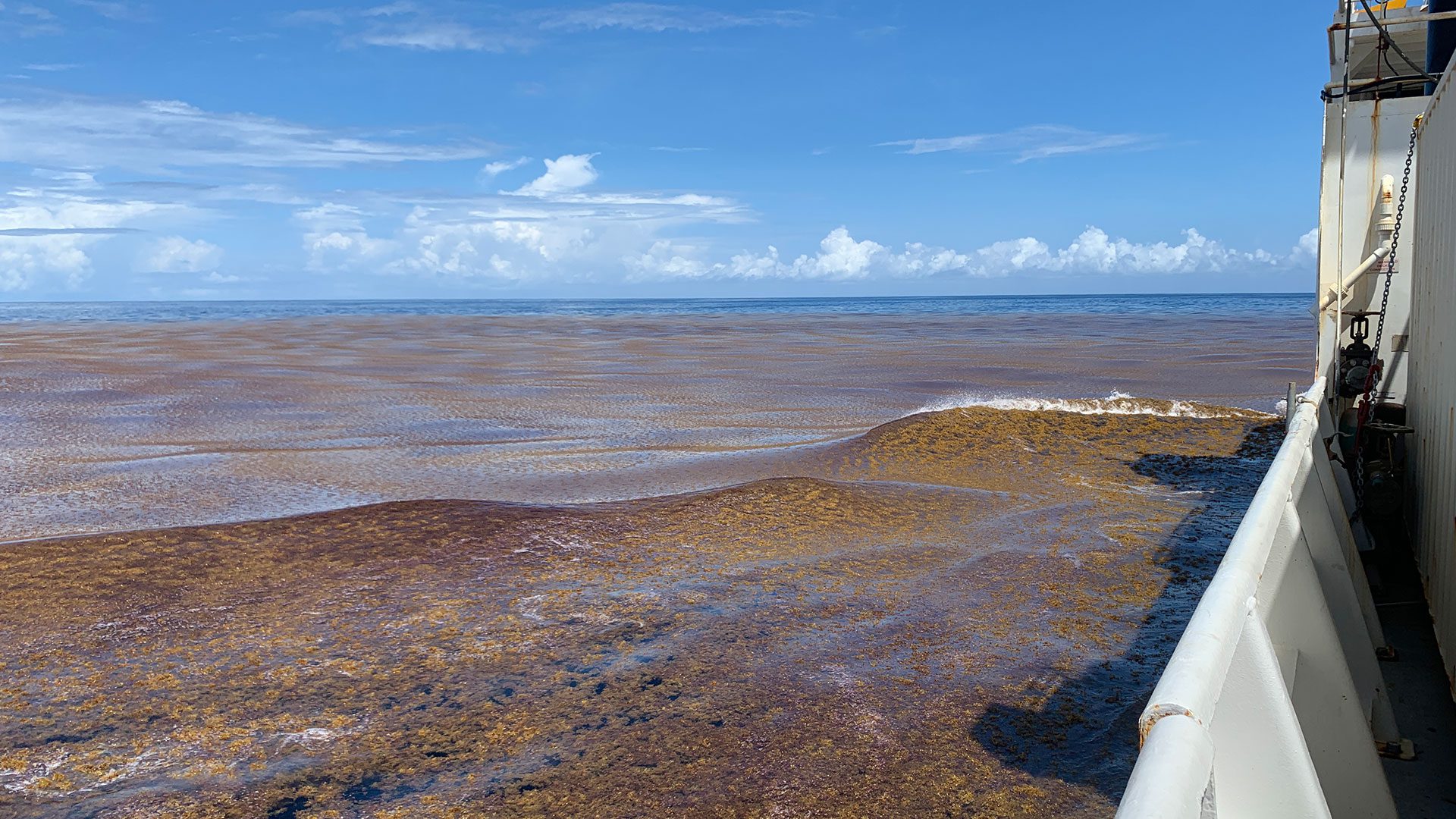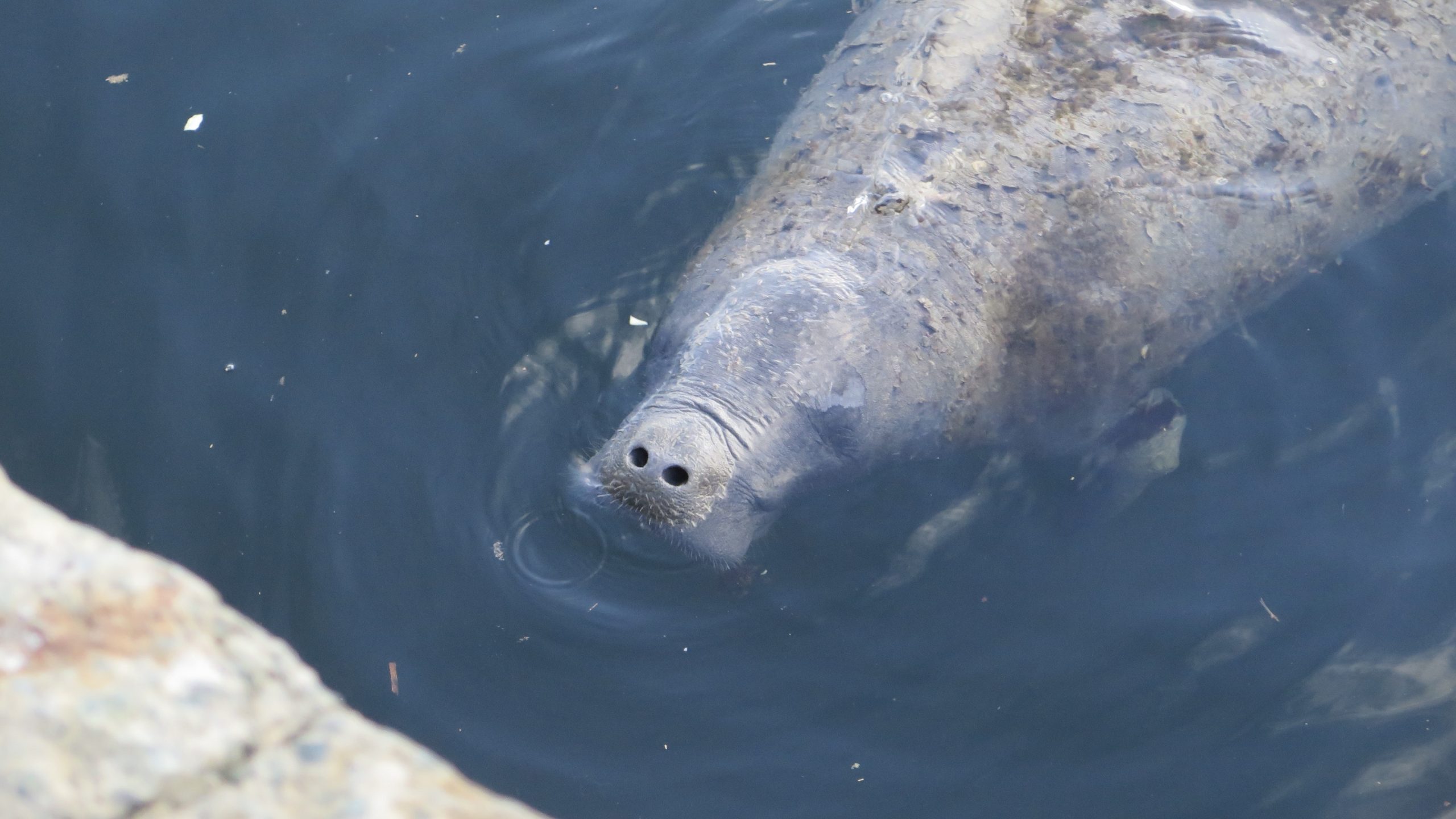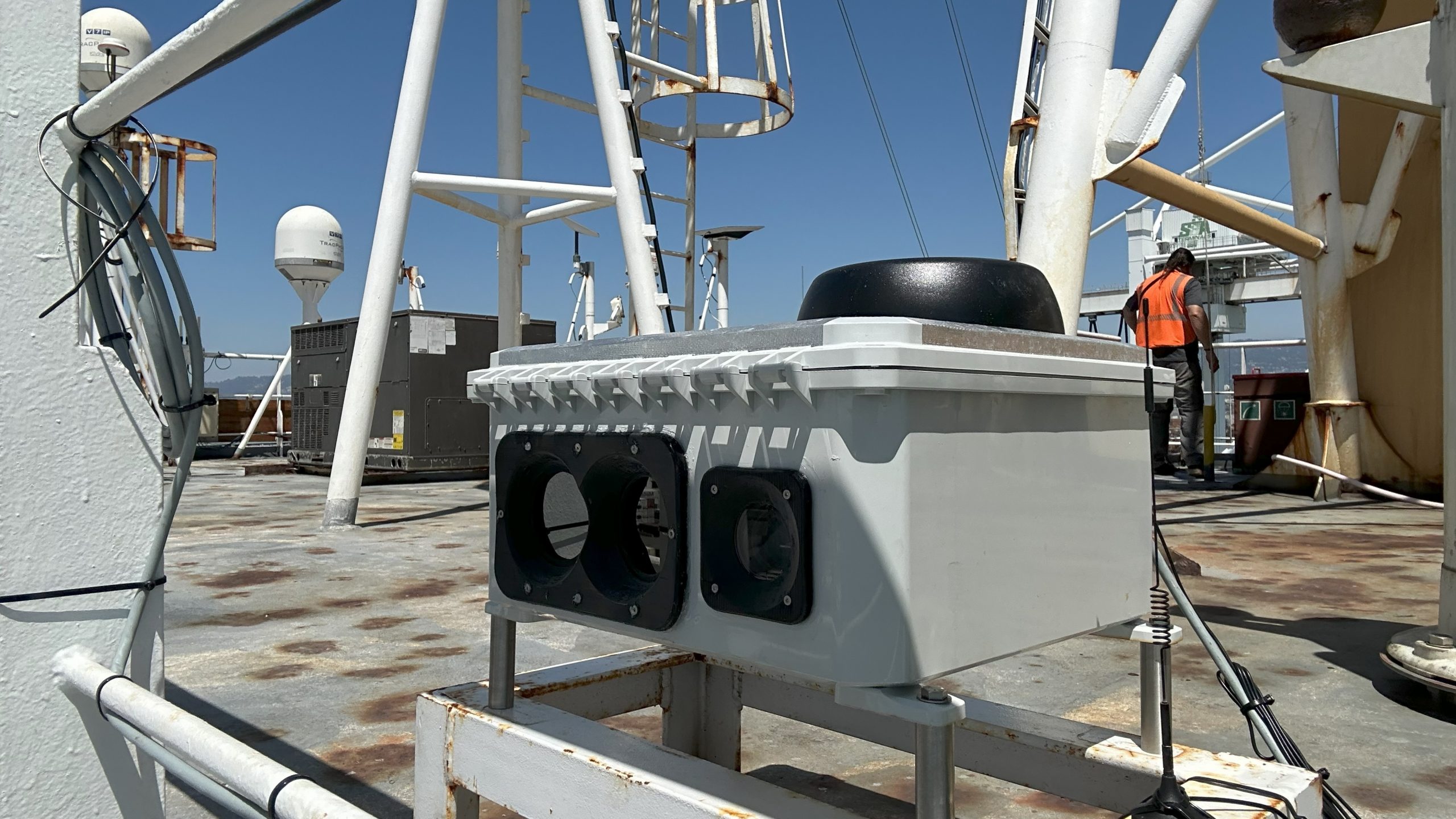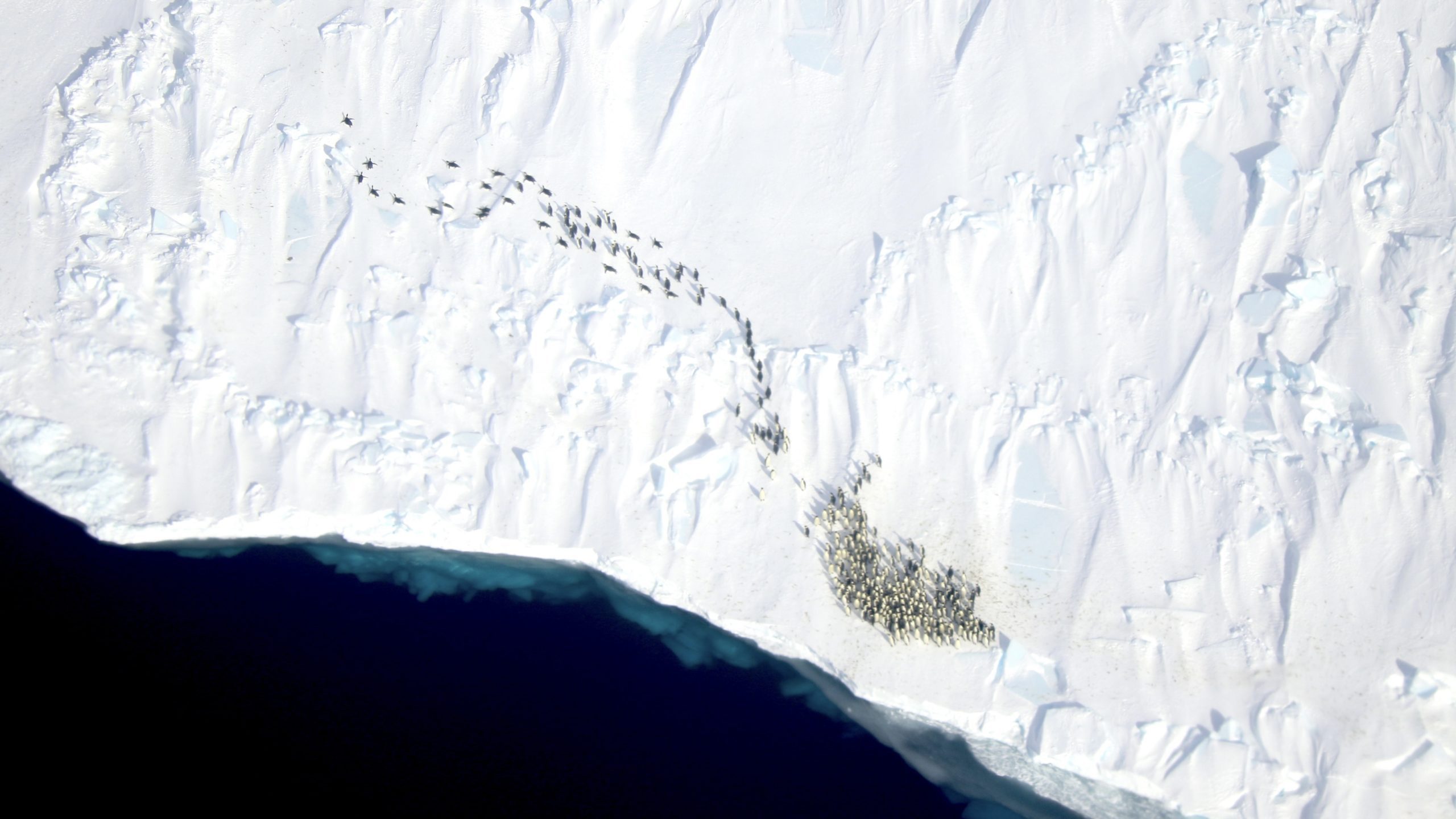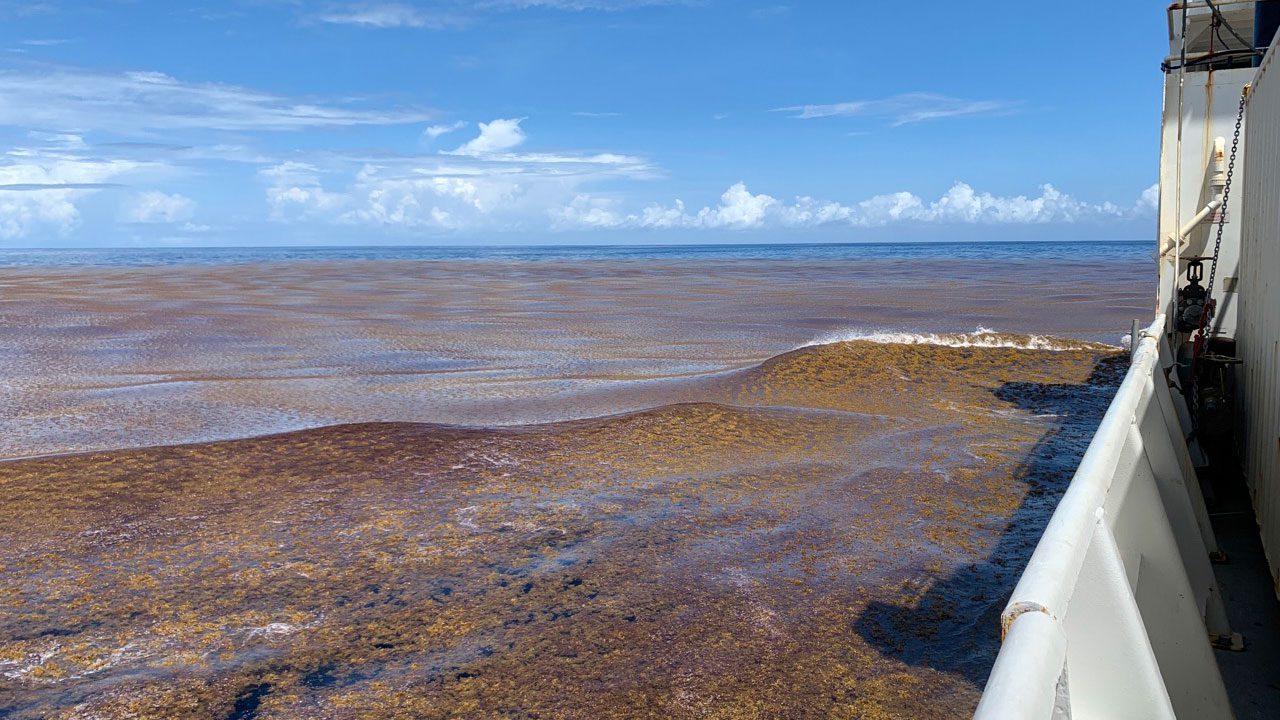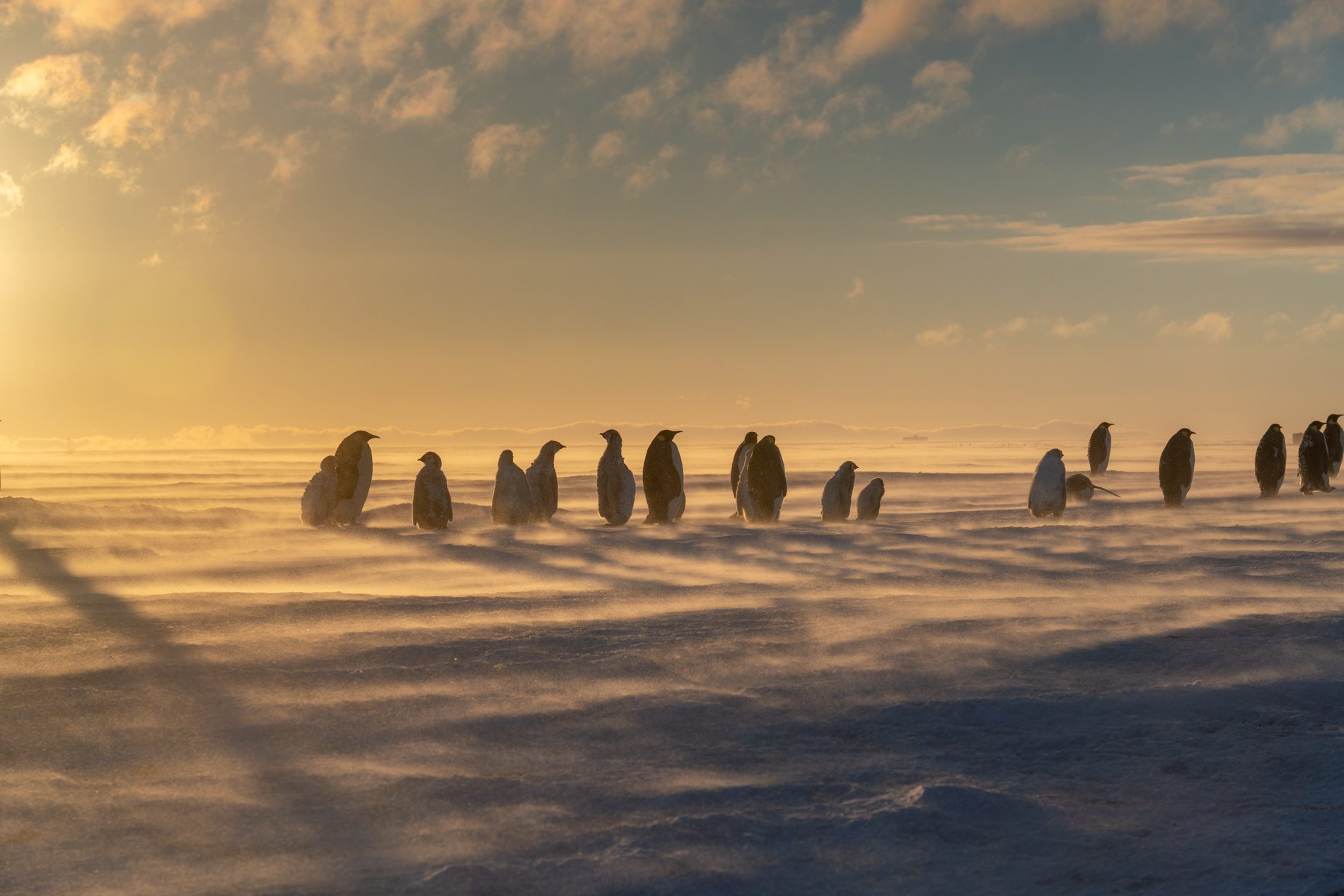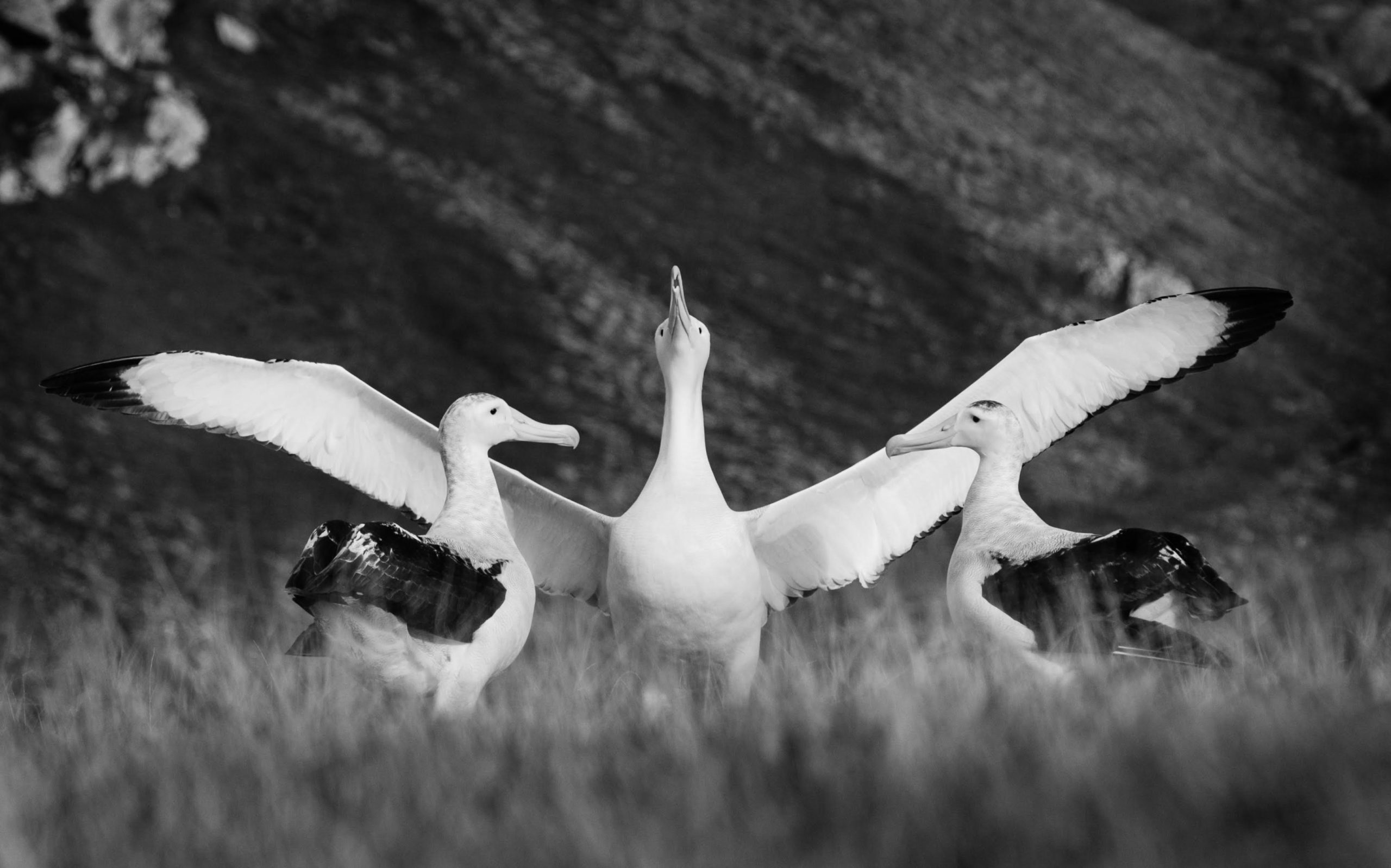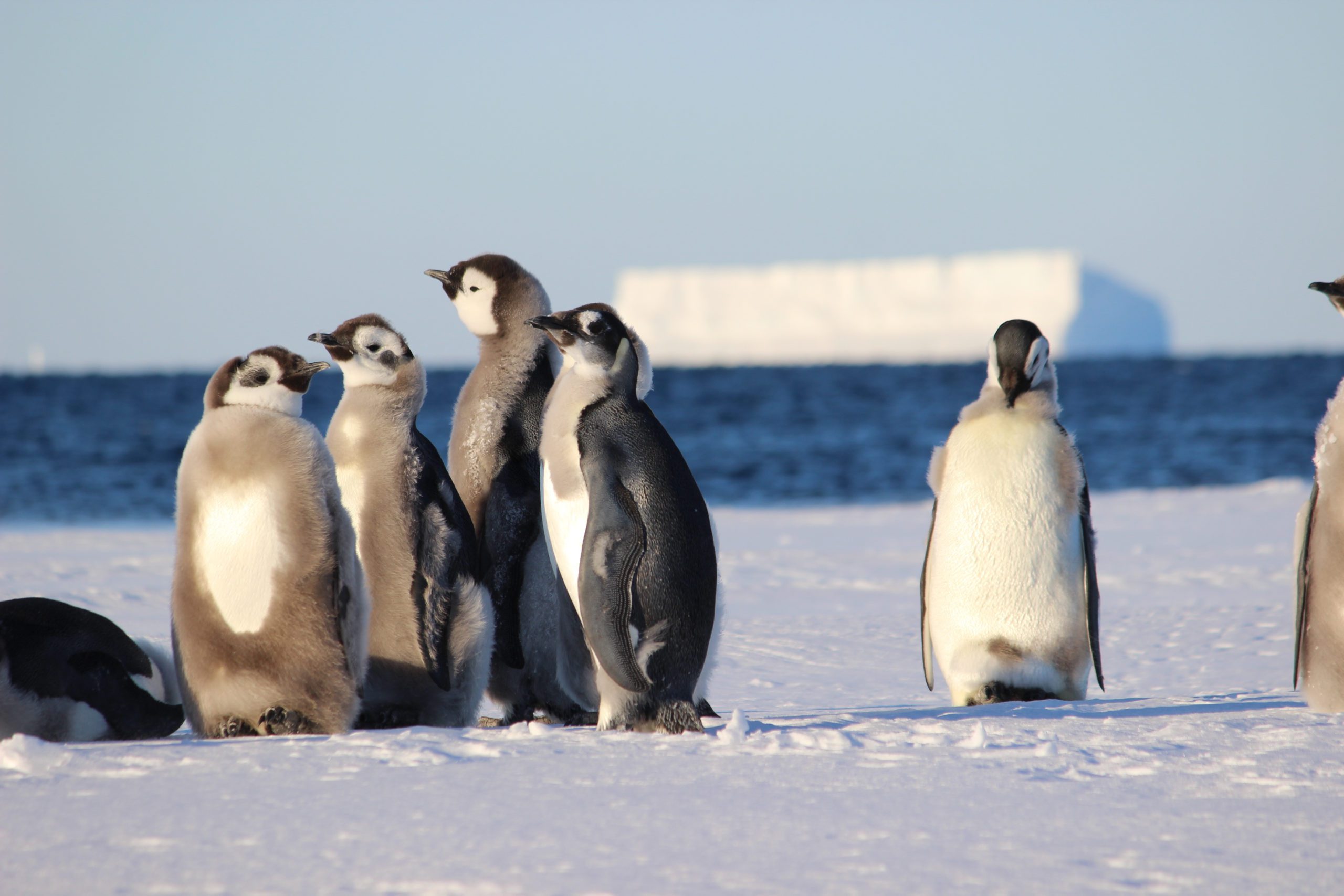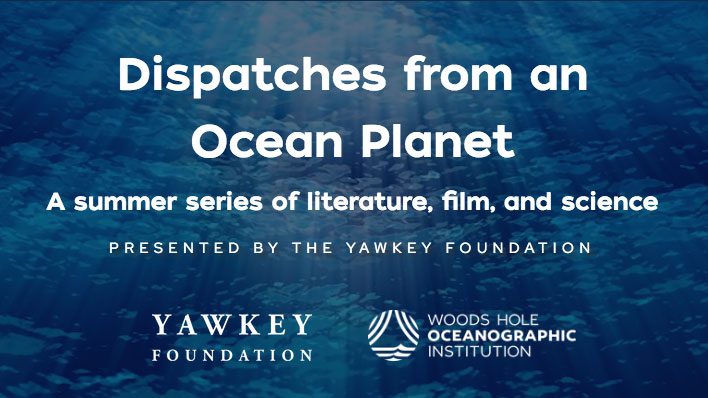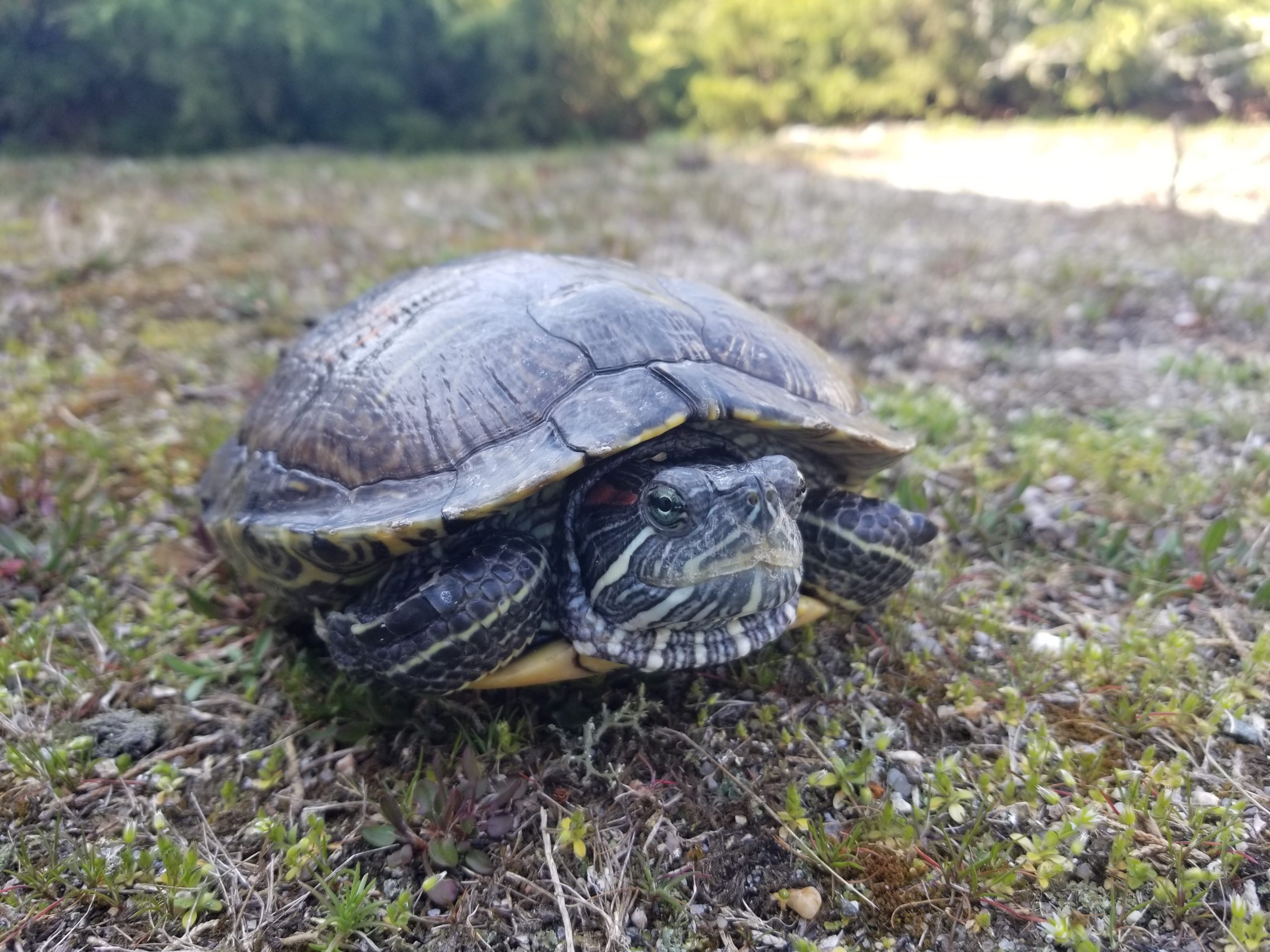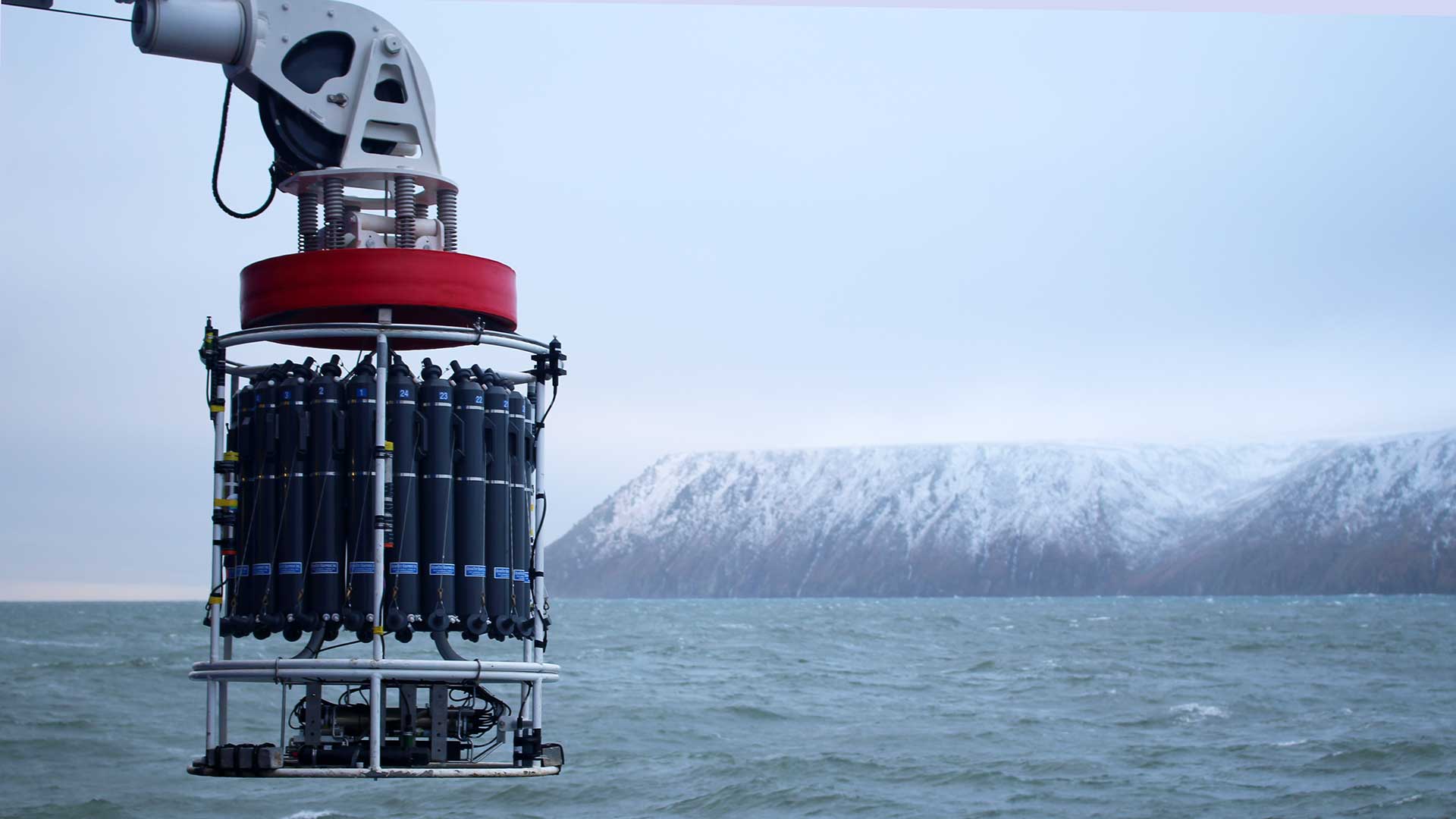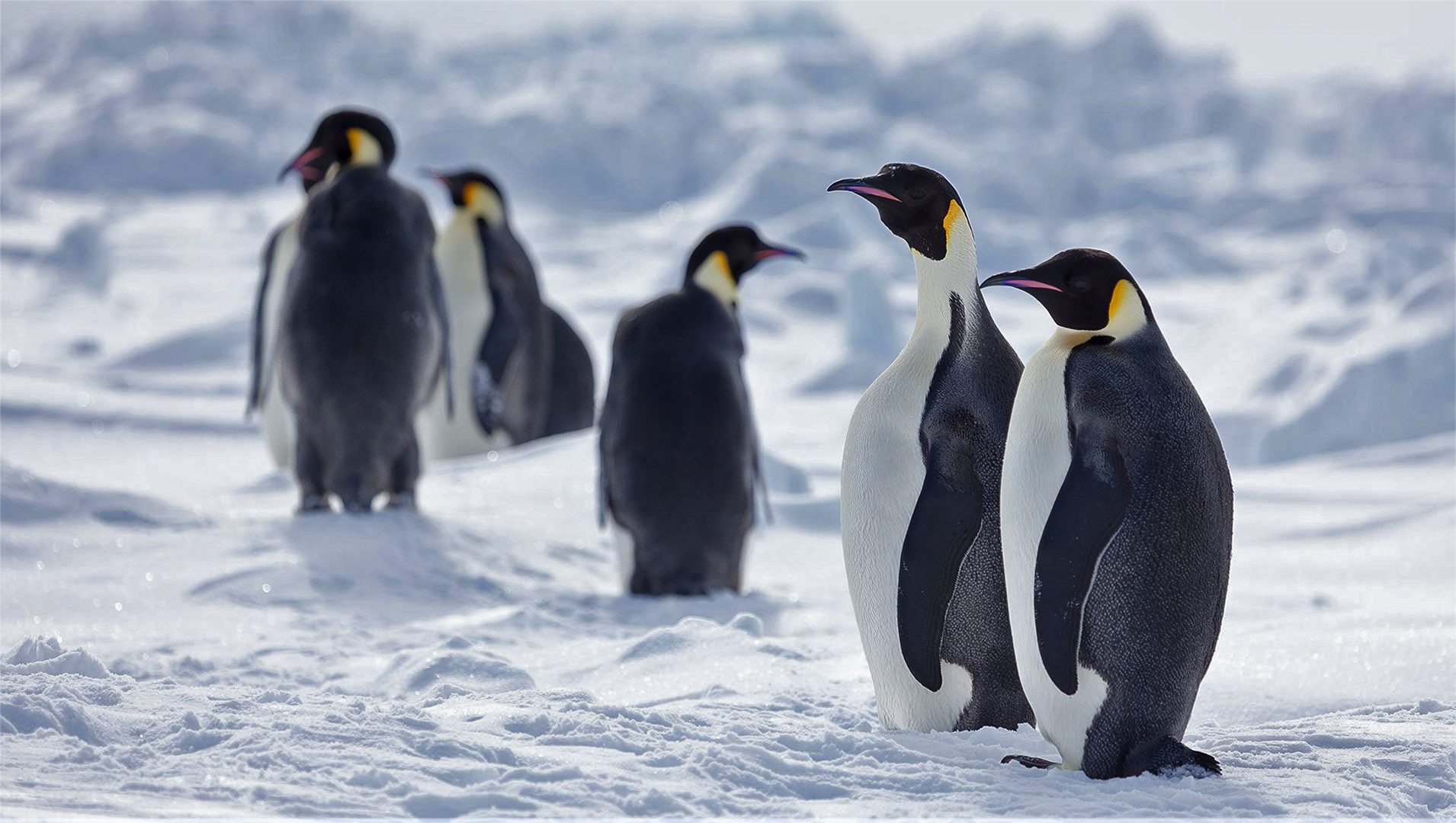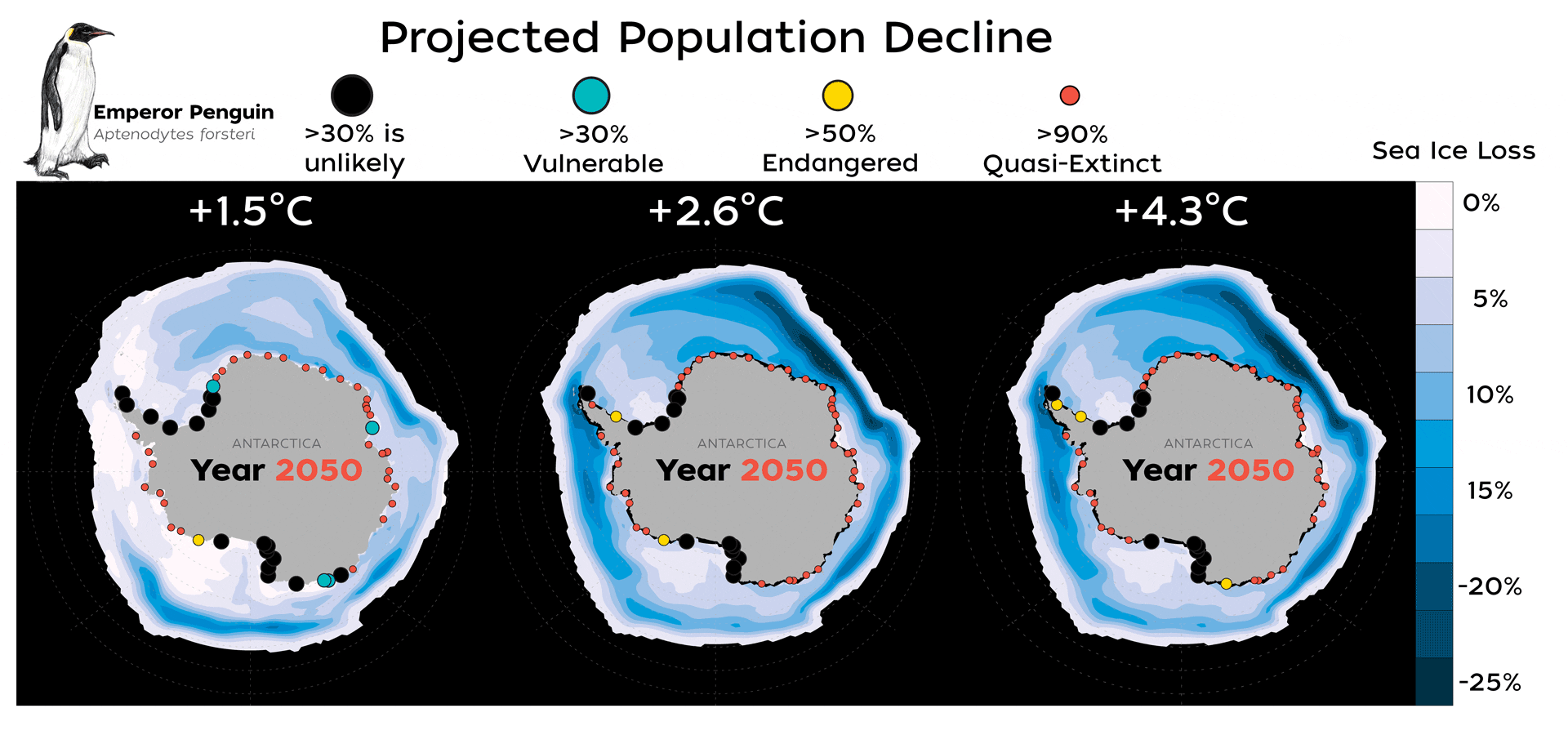News Releases
Groundbreaking Study Reveals Oceanic Seabirds Chase Tropical Cyclones
A new study reveals that the rare Desertas Petrels, a wide-ranging seabird in the North Atlantic, exhibit unique foraging behaviors during hurricane season.
Read MoreNew WHOI study cautions that deep-sea fishing could undermine valuable tuna fisheries
The study shows that large-scale harvesting of mesopelagic fish that live hundreds of meters below the surface could reduce the food available to bigeye tuna
Read MoreStudying how seals adapt to extreme environments could lead to benefits in human reproductive health
What can wild animals teach us about human reproduction?
Read MoreResearchers improve satellite surveillance of emperor penguins
New method will provide accurate counts and breeding success of the threatened species in the light of climate change
Read MoreNew Research Unlocks Clues About the Iconic Flight of the Wandering Albatross
Wandering albatrosses’ wingspan of up to 11 feet and is the largest known of any living bird, and yet wandering albatrosses fly while hardly flapping their wings. Instead, they depend on dynamic soaring in addition to updrafts and turbulence.
Read MoreDOE Funding will Support WHOI Research to Support Sustainable Development of Offshore Wind
Woods Hole, MA — The Woods Hole Oceanographic Institution (WHOI) has received $750,000 in funding from the U.S. Department of Energy (DOE) to develop next‐generation autonomous robotic technology for environmental…
Read MoreDon Anderson Selected for Prestigious Ketchum Award for Coastal Research
Senior Scientist Don Anderson will receive WHOI’s prestigious 2017 Bostwick H. Ketchum Award, which honors an internationally recognized scientist who demonstrates an innovative approach to coastal research, leadership in the scientific community, and who forges a link between coastal research and societal issues.
Read MoreHuman Impact Felt on Black Sea Long Before Industrial Era
When WHOI geologist Liviu Giosan first reconstructed the history of how the Danube River built its delta, he was presented with a puzzle. In the delta’s early stages of development,…
Read MoreMelting Sea Ice Threatens Emperor Penguins, Study Finds
At nearly four feet tall, the Emperor penguin is Antarctica’s largest sea bird—and thanks to films like “March of the Penguins” and “Happy Feet,” it’s also one of the continent’s…
Read MoreWHOI To Present Mary Sears Woman Pioneer in Oceanography Award to California Scientist March 28
The Woods Hole Oceanographic Institution (WHOI) will present one of its highest honors, the Mary Sears Woman Pioneer in Oceanography Award, to California Biologist Mary Wilcox Silver. A Professor of Ocean Sciences at the University of California, Santa Cruz, Dr. Silver is being honored for providing “significant scientific leadership in understanding our marine environment” and recognized for providing “the inspiration and/or opportunity for other women in marine sciences.” Colleagues note that she has “led the way for people with strong family commitments to go to sea, showing that scientists could combine challenging, field-based careers with family life.”
Read MoreStudy reveals dramatic decline in historic sargassum populations, with WHOI scientists helping unravel basin-scale changes
The findings point to warming ocean temperatures, shifting nutrient regimes, and changing circulation patterns as likely contributors to this emerging basin-scale redistribution of Sargassum.
Read MoreFecal samples from bowhead whales link ocean warming to rising algal toxins in Arctic waters
Filter-feeding whales sample the Arctic food web, tracking decades of change
Read MoreWHOI and Brazil-based NGO partner to save West Indian manatee
A new study shines light on the role of currents in marine mammal conservation
Read MoreShip-mounted camera systems increase protections for marine mammals
This technology uses thermal imaging to detect a whale’s body or spout and provides real-time information on their distance and bearing from a vessel.
Read MoreHigh Resolution Imagery Advances the Ability to Monitor Decadal Changes in Emperor Penguin Populations
High resolution satellite imagery and field-based validation surveys have provided the first multi-year time series documenting emperor penguin populations.
Read MoreThe Great Atlantic Sargassum Belt
Opportunistic sampling shows geographic scope of distribution, offer some of the first sampling opportunities
Read MoreEmperor penguins granted protections under Endangered Species Act
Woods Hole Oceanographic Institution among research groups that offer key findings to support federal protection of species, increasingly under siege by climate change
Read MoreThe bolder bird gets (and keeps) the girl
A new paper by WHOI researchers demonstrates a connection between personality and divorce in albatross
Read MoreMarine Protected Areas in Antarctica should include young emperor penguins, scientists say
Scientists at the Woods Hole Oceanographic Institution (WHOI) and European research institutions are calling for better protections for juvenile emperor penguins, as the U.S. Fish and Wildlife Service considers listing the species under the Endangered Species Act and the Commission for the Conservation of Antarctic Marine Living Resources (CCAMLR) considers expanding the network of Marine Protected Areas (MPAs) in the Southern Ocean.
Read MoreYawkey Foundation and WHOI present Summer Speaker Series, “Dispatches from an Ocean Planet”
Woods Hole Oceanographic Institution, in partnership with the Yawkey Foundation, proudly presents “Dispatches from an Ocean Planet”, a summer series of film and literature. The series marks the return of WHOI in-person events after a two-year hiatus due to the pandemic. All events require pre-registration.
Read MoreWoods Hole Oceanographic Institution-led study explores effects of noise on marine life
New research shows turtles can experience temporary hearing loss from an excess of underwater noise. This high volume of sound, referred to as underwater noise pollution, can be caused by passing ships and offshore construction. These preliminary findings were part of a Woods Hole Oceanographic Institution-led study that is being presented at the 2022 Ocean Sciences Meeting..
Read MoreStudy Finds Growing Potential for Toxic Algal Blooms in the Alaskan Arctic
A warming Arctic presents potential new threats to humans and marine wildlife in the fast-changing region Changes in the northern Alaskan Arctic ocean environment have reached a point at…
Read MoreEmperor penguins, recommended as threatened species under Endangered Species Act
Today, the U.S. Fish and Wildlife Service (USFWS) announced a proposal to list the emperor penguin as a threatened species under the Endangered Species Act.
Read MoreNew Study Finds Emperor Penguins Increasingly Threatened by Climate Change
A new study published today in Global Change Biology provides valuable new data that highlights how species extinction risk is accelerating due to rapid climate change and an increase in extreme climate events, such as glacial calving and sea ice loss.
Read More
